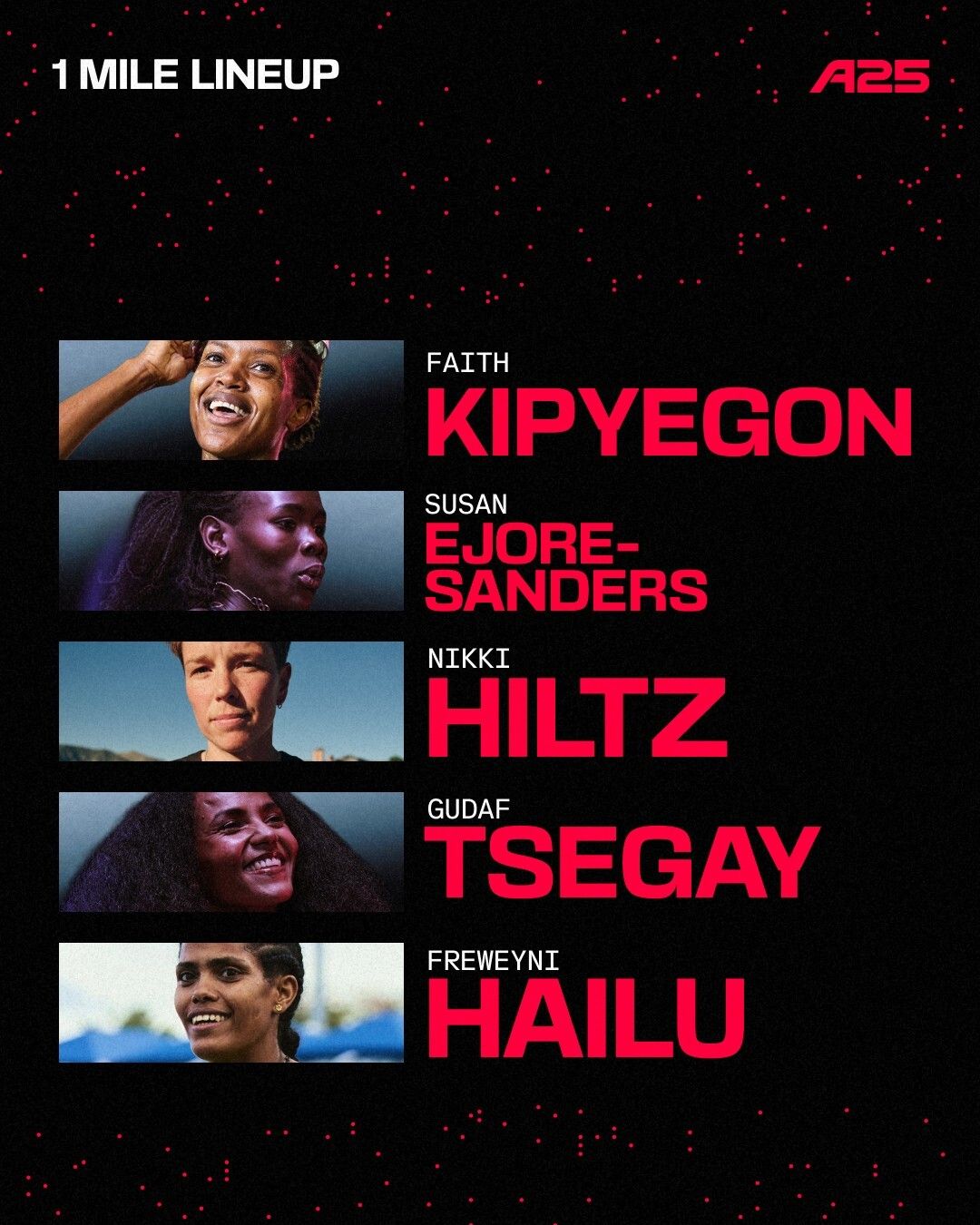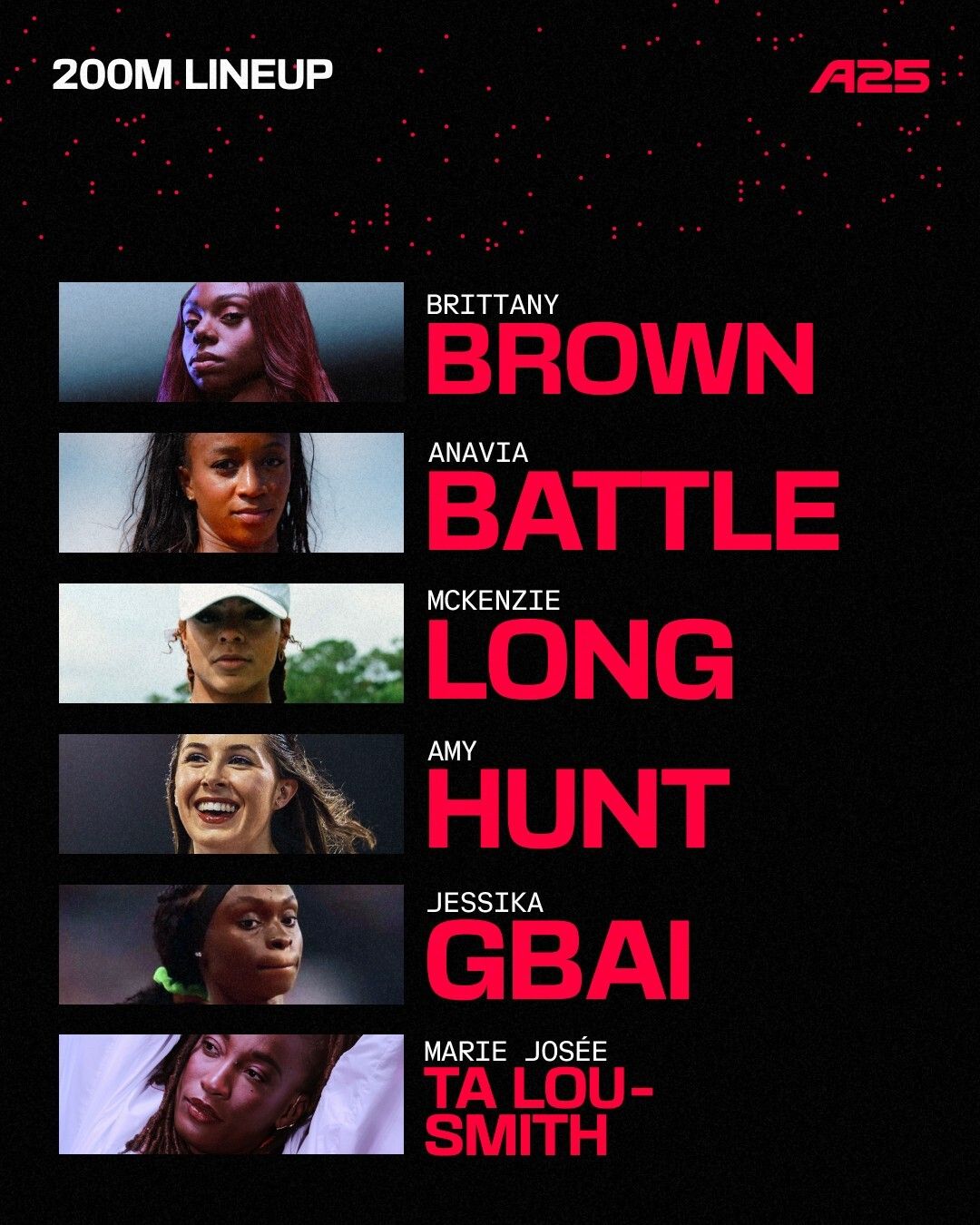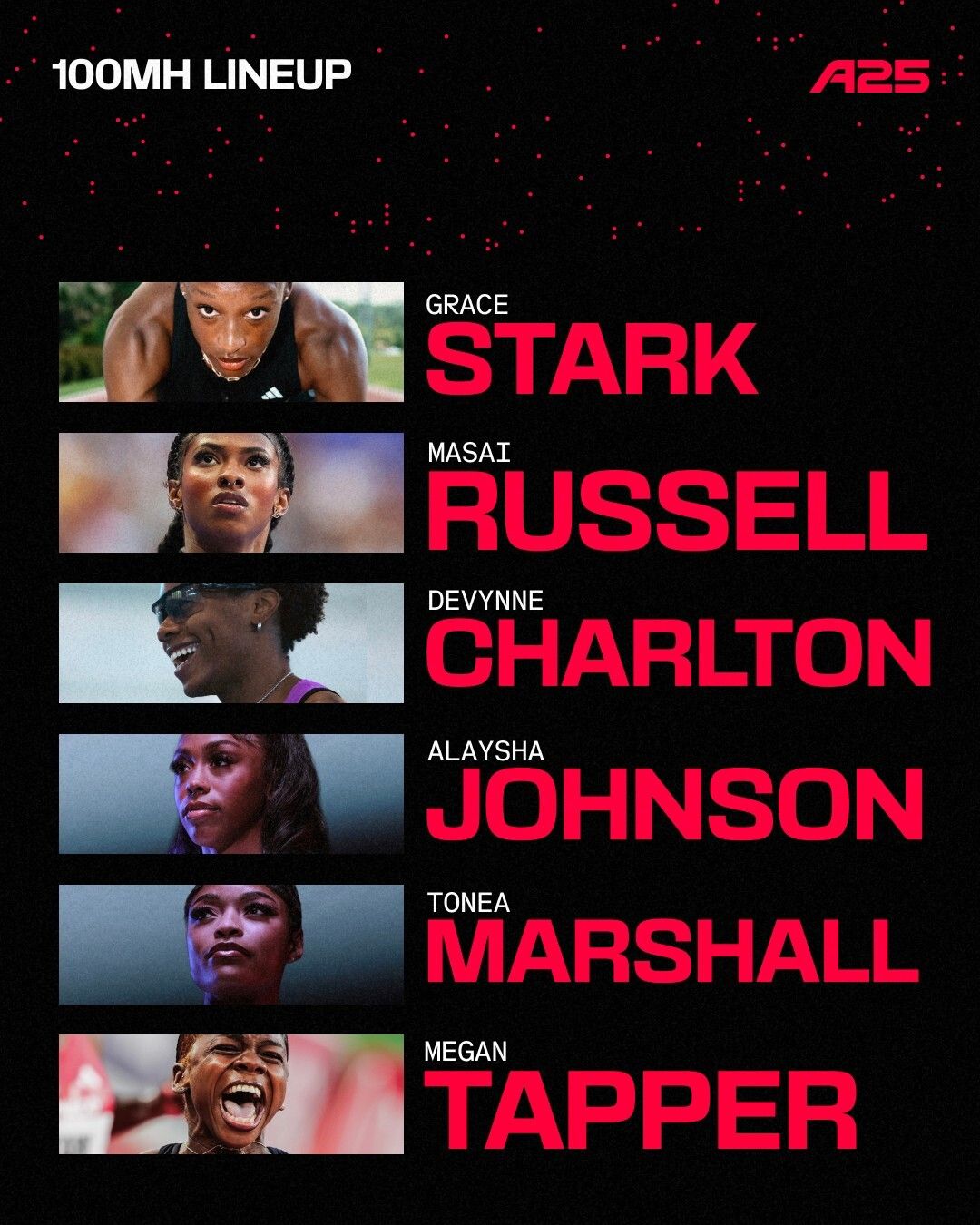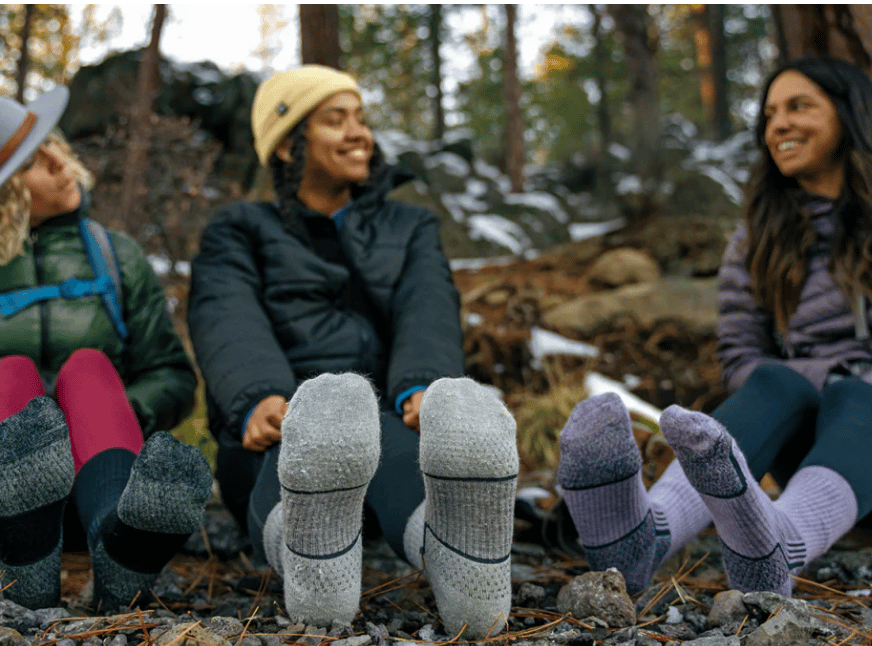Yesterday, in the heart of Times Square, where the city's pulse beats strongest, a 2-day event celebrating and showcasing women's track and field began. Athlos, the first-ever women-only track and field event, is rewriting the playbook for how we experience and celebrate athletic excellence in America. Professional track and field has long struggled to capture American audiences outside of the Olympic cycle. Unlike basketball, football, or baseball, track lacks the infrastructure of a professional league with regular season competition, making it nearly impossible to build sustained fan engagement. Eugene, Oregon, stands as the lone exception—home to Hayward Field and the sport's most dedicated fan base, it's practically the only place in America where track meets consistently draw large crowds. But one city can't sustain a national sport.



Athlos is changing this equation by bringing track and field to where the people are—literally placing a long jump event in Times Square—and packaging it with the entertainment, storytelling, and athlete ownership that modern sports fans expect. By creating teams, establishing athlete equity, and integrating cultural moments with athletic competition, Athlos is building the connective tissue that American track and field has always lacked. If successful, Athlos won't just be another meet on the calendar. It will prove that track and field can thrive as a spectator sport in America when athletes control the vision and the format meets fans where they live—both physically and culturally.
What started in year one with an intentionally small format—featuring sprint, hurdle, and mid-distance events alongside performances by Megan Thee Stallion and massive cash prizes for winners—has evolved into something even more ambitious. Athlos isn't just hosting meets; it's building the foundation for America's first track and field league with teams, a concept that has never been realized in the sport's history. The second year brings even more innovation to a sold-out crowd. The addition of the long jump event on day one in Times Square expanded the competition beyond running events, while Ciara's performance elevated the entertainment factor. The presence of WNBA players and celebrities alike in the sold-out crowd demonstrated the cross-sport appeal and cultural impact Athlos is creating. With backing from major sponsors like Toyota, Cash App, Instacart, and Strava, and distribution through Twitter and YouTube, Athlos is making elite track and field accessible to fans wherever they are, breaking down traditional barriers to viewership (aka fans won’t have to pay a streaming service subscription to view the event).
Supported by ToughCutie

Elevate your outdoor adventures with ToughCutie socks - where durability meets style for women who never back down from a challenge. These premium performance socks are engineered with moisture-wicking technology and reinforced cushioning to keep you comfortable whether you're crushing miles on the trail or scaling new heights. Use our affiliate link to get 15% off your order and give your feet the support they deserve (code: MELANINMVP).
At the heart of this transformation are three powerhouse Black women athletes who aren't just competing—they're stakeholders and team captains, fundamentally changing who controls the narrative in track and field. Sha'Carri Richardson, Gabby Thomas, and Tara Davis-Woodhall represent a new era where athletes have equity in the leagues they compete in, ensuring that the people who create the magic also share in its rewards.
Athlos is more than an event—it's a statement about what's possible when women athletes take ownership of their sport. By combining world-class competition, entertainment, substantial prize money, and athlete equity, Athlos is creating a sustainable model that could transform American track and field from a once-every-four-years Olympic spectacle into a thriving year-round league.
As Sha'Carri, Gabby, and Tara lead their teams into this new era, they're not just running fast—they're building a legacy that will inspire generations of athletes to come. In New York City, where dreams are made and broken daily, Athlos is proving that when women own the track, everybody wins.
The Last Word 🥂
Grand Slam Track has similarly tried to bring more sustainability, awareness, and money to track athletes (not field athletes to my knowledge) and has so far not yielded positive results. While both Athlos and Grand Slam Track aim to elevate professional track and field in America, their approaches reveal fundamentally different philosophies about who should lead the sport's transformation and who it should serve. Athlos demonstrates that specificity of vision (women-focused), athlete empowerment (equity ownership), and cultural integration (entertainment partnerships) can create something that resonates with modern sports fans. Grand Slam Track's challenges suggest that replicating traditional sports league models without differentiation may not be the answer for a sport that has historically struggled with professional viability in America.
Athlos is backed by Reddit co-founder and billionaire investor Alexis Ohanian, but its vision is driven by athletes themselves—specifically women athletes who hold equity in the league. This athlete-ownership model ensures that the people competing are also decision-makers and profit-sharers, creating alignment between performance and business success. Grand Slam Track, founded by former Olympic champion Michael Johnson, operates on a more traditional league structure. While Johnson brings credibility as a track legend, the ownership and equity distribution follow conventional sports business models where athletes are primarily competitors rather than stakeholders.
Perhaps the most striking difference is who gets to compete. Grand Slam Track takes an inclusive approach, featuring both men and women across track events (though notably not field events). This traditional model mirrors existing track meets and championships. Athlos made the bold decision to focus exclusively on women's track and field. This isn't exclusion for its own sake—it's a strategic recognition that women's sports are undervalued and underinvested, and that creating a premier platform specifically for women athletes can change the economics and cultural perception of the sport. By centering women, Athlos is making a statement about where the growth opportunity and unmet demand actually exist.
Early Results Tell a Story
The contrast in early outcomes is telling. Athlos sold out its Times Square event, generated significant social media buzz, attracted major sponsors like Toyota, and featured performances by major artists like Ciara and Megan Thee Stallion. The integration of culture, entertainment, and athletics created an experience that transcended traditional track meets. Grand Slam Track, despite Johnson's pedigree and the broader inclusion of athletes, has struggled to generate comparable momentum or a positive reception by both athletes and fans. This suggests that simply having more athletes or a famous founder isn't enough—the model, the marketing, and the cultural positioning matter enormously.
Both leagues deserve time to develop, but Athlos's early success with a woman-centered, athlete-owned model suggests that the future of American track and field might look less like traditional sports leagues and more like athlete-driven, culturally integrated platforms that recognize and serve undervalued markets. Will you be tuning in tonight for the main events?
Thank you for reading! 💌
If you enjoyed this article, consider sharing it with another women’s sports fan or everyday athlete who might enjoy it! If you’re new here and want to catch up on previous articles, you might like these:
